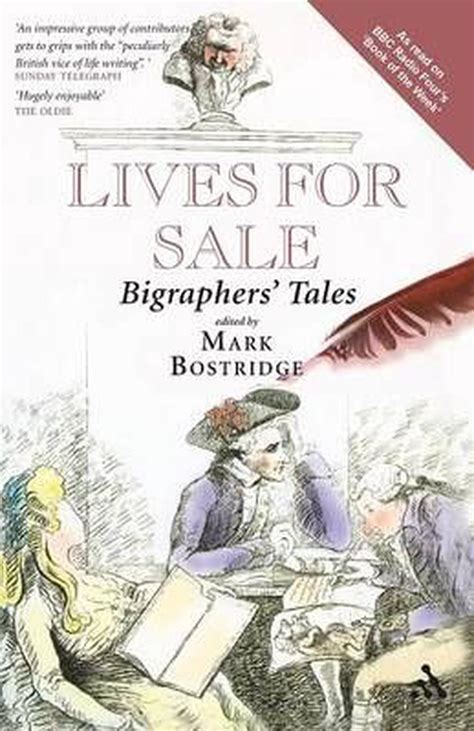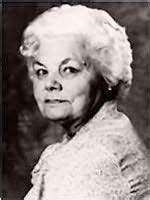A Quote by Lionel Shriver
Edith Wharton was a natural story-teller. As plots do in real life, hers flow directly from character. Her prose is so effortlessly elegant that you're rarely aware as they purl by that the sentences are so pretty. More concerned with what is put than how it is put, she also understood that you only say anything at all when you say it well.
Related Quotes
We read Charlotte Bronte not for exquisite observation of character - her characters are vigorous and elementary; not for comedy - hers is grim and crude; not for a philosophic view of life - hers is that of a country parson's daughter; but for her poetry. Probably that is so with all writers who have, as she has, an overpowering personality, so that, as we say in real life, they have only to open the door to make themselves felt.
There was no such person as Marilyn Monroe. Marilyn Monroe was an invention of hers. A genius invention that she created, like an author creates a character. She understood photography, and she also understood what makes a great photograph. She related to it as if she were giving a performance. She gave more to the still camera than any actress-any woman- I've ever photographed.
Sometimes, when I have to learn the lines in German and French, it's that much more difficult because it doesn't just sink in automatically, organically. I have to memorize it. It's a tricky thing, as well, as when you improvise, sometimes you want to say something but you don't know how to put it. It's more difficult than in your mother tongue. It's a challenge but, at the age of fifteen, I put myself up for it and I was aware that it would be an obstacle and many times.
She walked quickly around her one-room apartment. After more than four years in this one home she knew all its possibilities, how it could put on a sham appearance of warmth and welcome when she needed a place to hide in, how it stood over her in the night when she woke suddenly, how it could relax itself into a disagreeable unmade, badly-put-together state, mornings like this, anxious to drive her out and go back to sleep.
She did get put through the system with a lot of the hit songwriters, who were great songwriters, but it was more like 'This is how it's done here. It turned her off - not specific people, but the whole system turned her off. And she wanted to do something, I think, that she could play for her friends in Texas and they would say, Okay, well you're still Miranda.
This is a glorious biography ... The time is ripe for a new biography of Edith Wharton of this intimacy and on this scale ... Lee the biographer pursues her subject down every winding corridor, into every hidden passage and dark corner ... Her critical exploration of Edith Whartons work is dazzlingly assured ... A feat of exhaustive research, and finely tuned to Whartons creative achievement at the same time ... [Wharton] could scarcely have failed to be impressed by ... its artistic sympathy, its sonorous depths, and its soaring conception.
Yet there were times when he did love her with all the kindness she demanded, and how was she to know what were those times? Alone she raged against his cheerfulness and put herself at the mercy of her own love and longed to be free of it because it made her less than he and dependent on him. But how could she be free of chains she had put upon herself? Her soul was all tempest. The dreams she had once had of her life were dead. She was in prison in the house. And yet who was her jailer except herself?
I once picked up a woman from a garbage dump and she was burning with fever; she was in her last days and her only lament was: My son did this to me. I begged her: You must forgive your son. In a moment of madness, when he was not himself, he did a thing he regrets. Be a mother to him, forgive him. It took me a long time to make her say: I forgive my son. Just before she died in my arms, she was able to say that with a real forgiveness. She was not concerned that she was dying. The breaking of the heart was that her son did not want her. This is something you and I can understand.
She had been the quiet, rather plain girl, with a surprisingly sharp tongue if she was put out, lovely eyes and pretty hair and a way of looking very directly at one. Now he had to admit that she had become more important to him than anyone else in the world. The idea of a future without her wasn't to be borne. She had by some mysterious metamorphosis become more beautiful than anyone else he had ever encountered.
































